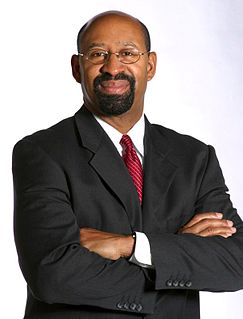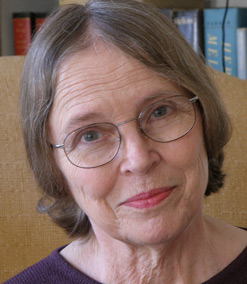A Quote by Howard Nemerov
I never abandoned either forms or freedom. I imagine that most of what could be called free verse is in my first book. I got through that fairly early.
Related Quotes
Many times, though, when people feel as if The Uni-verse has abandoned them, the truth is that they have abandoned their dreams, and as a result they have abandoned The Uni-verse. What we think is being done TO US, we are actually doing TO ourselves. It's a totally crazy reversal that is true most of the time.
I compelled myself all through to write an exercise in verse, in a different form, every day of the year. I turned out my page every day, of some sort - I mean I didn't give a damn about the meaning, I just wanted to master the form - all the way from free verse, Walt Whitman, to the most elaborate of villanelles and ballad forms. Very good training. I've always told everybody who has ever come to me that I thought that was the first thing to do.
The problem has to be answered by means of art, because you can't blast them with bliss. Tat freaks them out even more. So instead, you have to have an artful way of approaching them. You do a dance for them, you get them to imagine being interconnected, and to imagine being free of their suffering, and not so self involved, through art that draws them out. Then you, and they, are all established in what's called a Buddha-verse, or Buddha-land
Some years ago I was working on some forms which were vase forms with a fairly narrow base, and it was after [Hans] Coper had died that I saw an exhibition of his, a catalogue from an exhibition, and he was showing some forms which were made by cutting and joining a lot of different parts together to create what he called a spade form, which you can imagine looks a little bit like a shovel upside down.
Mayors could never get away with the kind of nonsense that goes on in Washington. In our world, you either picked up the trash or you didn't. You either moved an abandoned car or you didn't. You either filled a pothole or you didn't. That's what we do every day. And we know how to get this stuff done.
I suppose that it was inevitable that my word-base broadened. I could now for the first time pick up a book and read and now begin to understand what the book was saying. Anyone who has read a great deal can imagine the new world that opened. Let me tell you something: from then until I left that prison, in every free moment I had, if I was not reading in the library, I was reading in my bunk. You couldn’t have gotten me out of my books with a wedge...Months passed without my even thinking about being imprisoned. In fact, up to then, I never had been so truly free in my life.
Life is called Samsara - it is the result of the conflicting forces acting upon us. Materialism says, "The voice of freedom is a delusion." Idealism says, "The voice that tells of bondage is but a dream." Vedanta says, "We are free and not free at the same time." That means that we are never free on the earthly plane, but ever free on the spiritual side. The Self is beyond both freedom and bondage. We are Brahman, we are immortal knowledge beyond the senses, we are Bliss Absolute.
To later Romans Ennius was the personification of the spirit of early Rome; by them he was called "The Father of Roman Poetry." We must remember how truly Greek he was in his point of view. He set the example for later Latin poetry by writing the first epic of Rome in Greek hexameter verses instead of in the old Saturnian verse. He made popular the doctrines of Euhemerus, and he was in general a champion of free thought and rationalism.







































